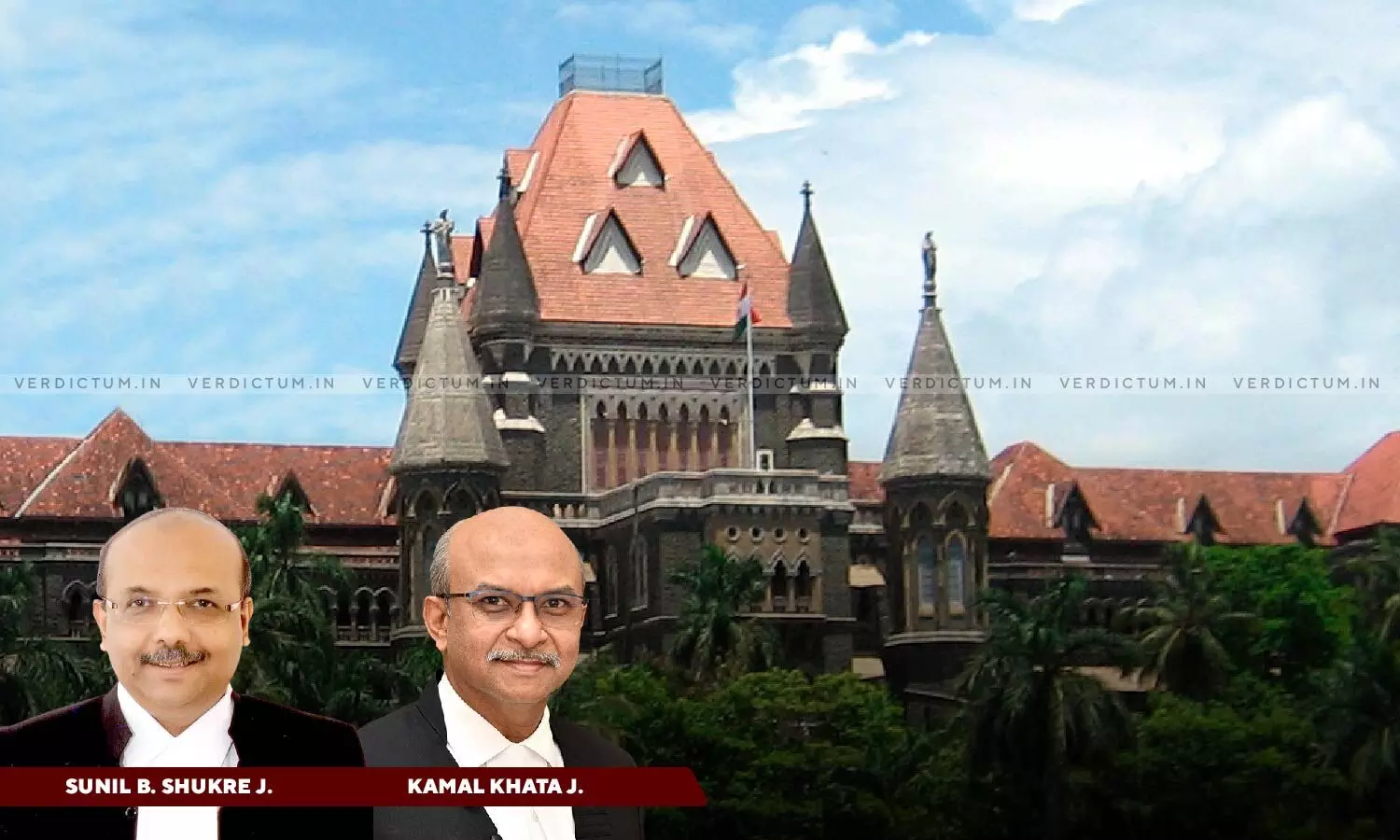
2017 Sunburn Festival Conspiracy:‘Sanatan Sanstha’ Is Not Banned Or A Terrorist Organization Under UAPA- Bombay HC
 |
|The Bombay High Court has observed that the ‘Sanatan Sanstha’ has not been declared a banned or terrorist organization under the Unlawful Activities (Prevention) Act, 2004 (UAPA). The Court granted bail to member of the Sanstha in the Sunburn Terror Attack Conspiracy 2017.
The Bench of Justice Sunil B. Shukre and Justice Kamal Khata observed that “The most intriguing part of this case is that ‘Sanatan Sanstha’ is an organization which has not been declared to be a banned or terrorist organization or a frontal organization of any banned terrorist group within the meaning and contemplation of Unlawful Activities (Prevention) Act, 2004.”
Advocate Sanjiv G. Punalekar appeared for the appellant and APP A.R. Kapadnis appeared for the Respondent- State.
In this case, the appellant was accused of being part of a failed conspiracy to attack the Sunburn Festival, 2017 and screening of movies they perceived to be against the tenets of Hinduism. The appellant was members of an organisation named ‘Sanatan Sanstha’ whose object was to form ‘Hindu Rashtra’ by secretly forming a terrorist gang within State of Maharashtra and adjoining States, as alleged by the prosecution.
The counsel for the State alleged that the appellant prepared or collected crude bombs and stored explosives and firearms. It was also alleged that certain training camps were organized where training to the members of ‘Sanatan Sanstha’ was provided in handling of explosions and use of firearms and appellant was its beneficiary.
A case was registered for offences punishable under sections 6, 18, 18(A), 18(B), 19, 20 and 23 of the UAPA, r/w sections 4 and 5 of Explosive Substances Act, r/w section 9(B) of the Explosives Act, r/w. Sections 3, 5, 7, 26, 27 of Arms Act, r/w sections 37(i) and 135 of Maharashtra Police Act and sections 120(B), 212, 471, 379, 201 of the Indian Penal Code.
The Court noted that there was no prima facie evidence to show that the three crude bombs found from the appellant’s ancestral house belonged to him as he was not the owner of the house.
The Court observed that “Once, it is found that the house from where some incriminating articles have been recovered during the house search is not solely owned by the accused like the appellant, then such a recovery cannot be attributed to the accused like appellant alone, unless possibility of ownership of the property found during house search by others is ruled out. This other possibility, as of now, has not been ruled out.”
Further, it was also noted that according to its official website, ‘Sanatan Sanstha’ which was a registered charitable trust, aimed to impart spiritual knowledge to the curious in the society, inculcate religious behavior in the masses and providing personal guidance to seekers for their spiritual upliftment.
“So, it is clear now that whatever appears in the bald statements of co-accused does not receive any prima facie assurance of that being correct, from the other material available on record and, therefore, those statements would not come in the way of the appellant in making out his case for grant of bail, which he has indeed made out.” the Court concluded.
Accordingly, the appeal was allowed, and the appellant was directed to be released on bail on his furnishing a bond.
Cause Title- Liladhar @ Vijay Lodhi v. State of Maharashtra
Click here to read/download the Order